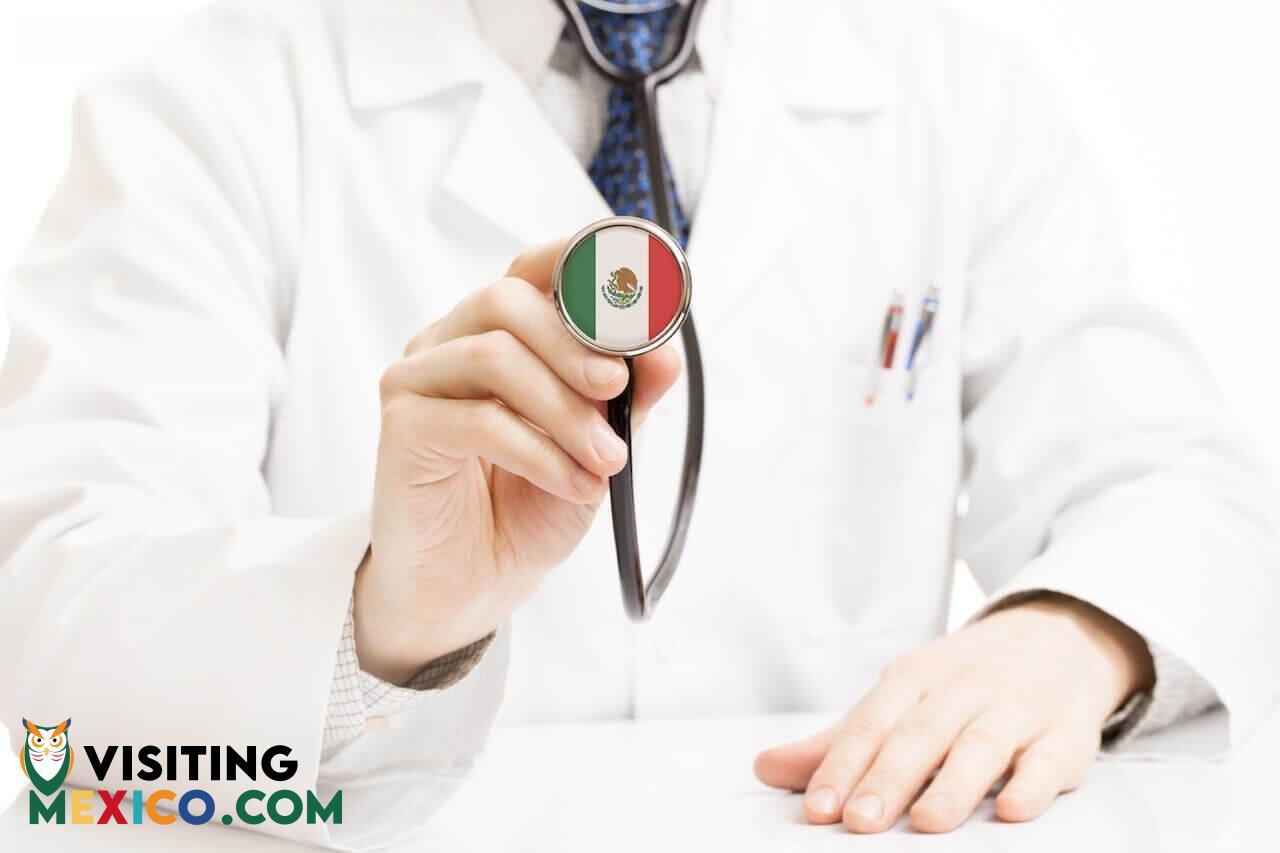Covid Travel Mexico 2022
City in Mexico
How is COVID Going to Affect My Mexico Travel? Mexico has some of the most lenient Covid restrictions, which makes it easier for tourists to visit, but that doesn’t mean Mexico isn’t taking Covid-19 seriously. I have to admit, when I came to Mexico, my expectations were low as to the precautions being taken. I was surprised to discover that the precautions are actually greater than in my hometown of Nashville, Tennessee, USA.

Can I Visit Mexico?
First things first, can I even get into Mexico? The answer is Yes! Pack your bags and hit the road because Mexico is open! Mexico does not require a Covid test, although your airline company might, so It is important to check with your airline on their Covid requirements. You can stay up to 180 days on a tourist visa. “Is it Safe to Travel in Mexico?” is a great resource that addresses the requirements to enter and exit Mexico. In addition, you can check the constantly updated travel advisories issued by the USA, Canada, or your home country’s government website.
COVID and Mexico Travel: How Bad is it?
Mexico uses a stoplight system that is determined by the trends of new positive covid cases and hospital occupancy, as well as the percentage of current positive covid cases and the current percentage of hospital occupancy. The colors are red (maximum), orange (high), yellow (medium), and green (low). Below is the most up-to-date map by Mexiconewsdaily.com which often produces updates.
As you can see, the majority of the country has low rates of covid cases. The only state that has elevated cases is Baja California, which is home to many popular destinations.
So What do These Colors Mean on the COVID Stoplight Map?
Green Light (Bajo)
No restrictions. Everything operates pre-covid with the exception of new sanitary practices encouraged (mask, sanitizer, distance).
The Mexican states operating pre-COVID in “Green” as of February 6, 2022:
- Nayarit
- Veracruz
- Oaxaca
- Chiapas
- Guerrero
- Michoacán
- Colima
- Tlaxcala
- Hidalgo
- Puebla
- Campeche
- Tabasco
- Tamaulipas
- Yucatán
- Sinaloa
- Jalisco
- Mexico City
- Morelos
- Estado de México
- Querétaro
- Guanajuato
- San Luis Potosí
- Baja California
- Baja California Sur
- Sonora
- Chihuahua
- Coahuila
- Nuevo León
- Quintana Roo
- Durango
- Zacatecas
- Aguascalientes
Yellow (Medio)
-Yellow means some public spaces are at a reduced capacity.
- Banks: No restrictions
- Hotels, restaurants, bars, and public spaces: 50% occupancy
- Grocery stores: 75% occupancy with 1 person per family allowed to enter
- Theaters and sporting events: 30-40% capacity
- Concerts: No
- Beaches: Open from 9 am-5 pm, not to exceed 60% capacity
- Meetings: Maximum 50 people and must be earlier than 10 pm
The Mexican states operating pre-COVID in “Yellow” as of April 3,, 2022:
- NONE
Orange (Alto)
-Orange means nonessential companies can work with up to 30% of their staff. Face masks are mandatory in the orange light states.
- Banks: 50% capacity, shortened hours, and strict sanitary measures
- Hotels, restaurants, and public spaces: 50% occupancy
- Bars and discos: closed
- Grocery stores: 75% occupancy with 1 person per family allowed to enter
- Theaters and sporting events: 25% capacity
- Concerts: No
- Beaches: Open from 9 am-5 pm, not to exceed 30% capacity
- Meetings: Maximum 4 people.
The Mexican states operating COVID tier “Orange” as of April 3, 2022:
- NONE
Red (Maximo)
-Red means hotels can have up to 25% capacity. Gathering in common areas is not allowed, and only room service or food delivery is allowed. Public spaces can operate at 25% capacity. Theatres, bars, nightclubs, and museums are closed. Sporting events will continue but without spectators.
- Banks: 25% capacity, shortened hours, and strict sanitary measures
- Hotels: 25% capacity, no gathering, and no food delivery allowed.
- Public spaces: 25% occupancy
- Bars and discos: closed
- Grocery stores: 50% occupancy with 1 person per family allowed to enter
- Theaters and sporting events: closed
- Concerts: no
- Beaches: closed
- Meetings: virtual only
The Mexican states operating COVID tier “Red” as of April 3, 2022:
- NONE
COVID and Mexico Travel: February 2022?
Many precautions are being taken to avoid the spread of coronavirus. Before entering any building, you will have your temperature taken, be given hand sanitizer, and you must sanitize your shoes on a provided mat. You must wear face masks indoors. When eating at a restaurant, you must wear your mask when entering, exiting, or walking around the building, but are not required to be at the table. Your table is often sanitized in front of you for additional precautions. I have eaten at many restaurants, and while the tables are more spread out than they normally are, I cannot say that they strictly adhere to the capacity percentages enforced on them. I go to the shopping mall, supermarket, and other large stores and have not had to wait outside due to capacity limits. I have encountered this problem in very small stores where only a few people can enter at a time. The beaches are full, and although encouraged, masks are not required on the beach. Bars and restaurants are still functioning, and excursions are taking place. When doing excursions, the shared equipment is sanitized. There are smaller groups for excursions, which I personally like. I have not run into any place that was completely closed or not able to do an activity because of the orange level restrictions. The businesses are very accommodating. If Quintana Roo goes into the red level, there will be heavier restrictions.
Update as of September 1, 2021:
Sinoloa and Quintana Roo will be requiring proof of vaccine or proof of negative covid tests to enter public places.


